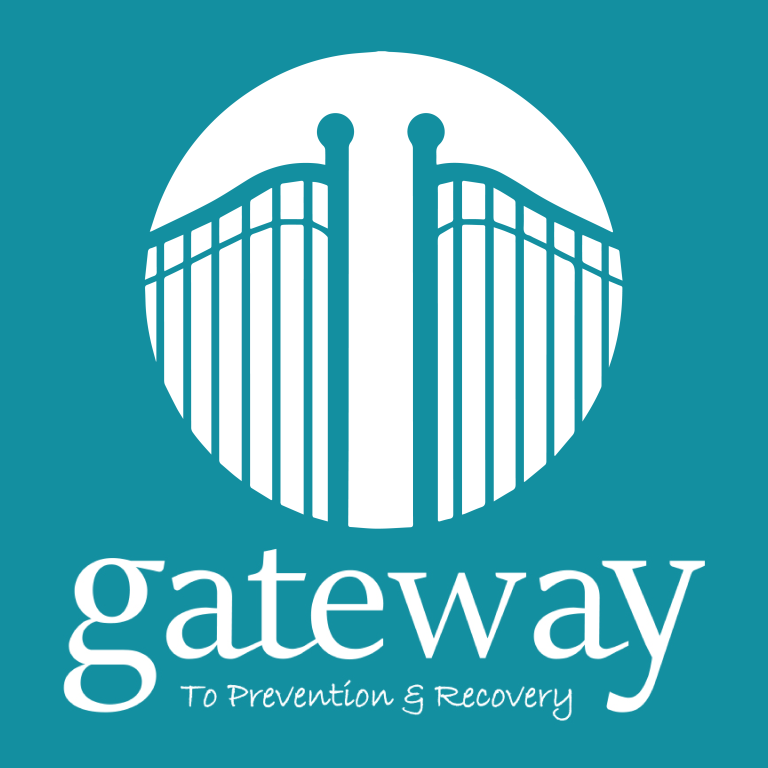Our community has survived much, and for many of us, the April 19th tornado was only the beginning. Shawnee estimates that the storm damaged around 1800 homes, destroying at least 300 of these. Many have lost vehicles, businesses, jobs, food, and other resources, and the effects of these damages on our lives and community are still developing.
Amidst this time of rebuilding, we want to consider how far we’ve come, highlight continued resources for those who’ve been impacted, and explore the psychological effects of such an experience.
Immediately after the tornado, local nonprofit Community Renewal of Pottawatomie County, the Red Cross, Federal Emergency Management Agency (FEMA), and other organizations joined together to provide relief efforts, serving around 1800 households. Currently, the resources below are still available to those who may have a need:
- Home damages: Contact the Red Cross (1-800-733-2767) and FEMA (1-800-621-3362 or disasterassistance.gov) for aid.
- Report damages: Visit damage.ok.gov.
- Debris cleanup: Call Samaritan’s Purse (405-827-2548).
- Food: Visit the Community Market Food Pantry (120 S. Center St. in Shawnee).
- Veterans: Check your eligibility for an Emergency Assistance Grant (405-523-4000).
- Tribe members: Contact your tribe and ask about available resources.
- Help navigating resources: Call 211.
- Lists of resources: https://www.unitedwaypottco.org/disaster-relief/
- Not sure what to do? Call Community Renewal (405-273-1035). They will connect you to an organization that can help.
Anyone wishing to support our community’s recovery can choose the following options:
- Connect with Community Renewal of Pottawatomie County (405-273-1035) to volunteer on Saturdays.
- Donate to www.communityrenewal.org/reliefdonations or www.unitedwaypottco.org/shawnee-recovery/.
In addition to addressing the needs above, it is also important to acknowledge the psychological toll that the tornado may have taken.
June is National PTSD Awareness Month. The American Psychological Association defines trauma as “an emotional response to a terrible event like an accident, rape, or natural disaster.” What qualifies as traumatic differs from person to person. Sometimes we think we shouldn’t be affected because others have it “worse,” but, in reality, all trauma is valid. Yours is no less significant because of how it compares to someone else’s.
When a natural disaster causes trauma, distress is a common result. According to the Substance Abuse and Mental Health Services Administration, this distress can cause excessive anxiety or worrying, difficulty sleeping, depressive symptoms, unexplainable guilt, hopelessness, feeling helpless, dreading storms, interpersonal conflict, nightmares, or constant thoughts/memories of the storm. These are normal reactions to an abnormal event or situation. If you’ve experienced disaster distress symptoms for over two weeks, call the disaster distress helpline at 1-800-985-5990 for assistance.
Beyond immediate distress, sometimes trauma becomes debilitating, developing into post-traumatic stress disorder (PTSD). Even beyond the context of this tornado, everyone should have a basic understanding of PTSD, as it can result from many common kinds of trauma, including abuse, violence, medical problems, and loss.
According to the Mayo Clinic, PTSD symptoms include the following when they continue for over a month and affect your functioning:
- Intrusive memories: Nightmares, flashbacks, recurring memories, severe distress when reminded of the event
- Avoidance: Avoiding thinking or talking about the event, avoiding reminders of it
- Mental and mood changes: Negative thoughts, hopelessness, memory problems, detachment, numbness, difficulty experiencing positive emotions
- Physical and emotional reactions: Being constantly on guard, being easily scared or startled, dangerous or unhealthy behavior, difficulty sleeping or focusing, irritable or aggressive behavior
These symptoms look different from person to person, and people can respond differently to the same traumatic events. Some develop PTSD while others don’t, but survivors with PTSD are not “weaker” than the others. Developing PTSD is not something you can control or choose. If you’re experiencing PTSD symptoms, whether from the tornado or other trauma, consult a mental health professional. For help finding mental health resources, call 211. If you are in a mental health crisis, call 988.
In addition, here are some additional tips for coping with disaster:
- Talk with others who understand and accept how you feel. Explore what meaning this event may have for you.
- Body movement helps to rid the body of extra stress hormones. Try taking a walk, finding a stretching video on youtube, or even just shaking out your arms and legs throughout the day.
- Listening to music can help your body relax. Create a playlist and breathe with the beat.
- Take care of your physical needs by resting as you are able, eating enough food, and drinking plenty of water. Be aware that consuming caffeine, tobacco, and alcohol, especially in large amounts, can worsen feelings of anxiety or depression.
If there’s one thing the tornado has shown us, our community is strong. From the moment the tornado hit, we’ve helped one another, demonstrating resilience and kindness in crisis. Though it may take a while, we will recover from this. In the meantime, we can take advantage of available resources, help others when possible, look out for our mental health, and, as Gateway’s mission statement declares, “Expect Hope.”
If you are someone you know is in need of Gateway’s services, do not hesitate to call 405-273-1170 x0.
Katie McQuay is a writing intern for Gateway to Prevention and Recovery. She is a senior at Oklahoma Baptist University studying English with a minor in Professional Writing and Editing.
Brandon Dyer, Executive director of Community Renewal, provided much of the information regarding the impact of the tornado and the resources available.
